|
Throughout my recent independent research of the Gilded Age, I've noticed several eerie parallels towards contemporary (modern) life. If you thought the distribution of wealth was unjust today just wait until you hear this: Steel workers in the late 1800's made less than two dollars a day! That's right. The men responsible for producing the material that was literally everywhere at the time; building not just the cities of tomorrow, but the railroads of today......Maybe two bucks in a 12 hour day's work. Employees couldn't even cover a McDouble and their bosses had the gall to try to pay them even less.
The horrors of the Gilded Age led to the Progressive Era where many rules and regulations were established to offset the exploits of Robber Barons in life post-Reconstruction. These Progressive changes made the prospect of making it to 55 seem possible. No longer was life past 50 a Biblical tale. Per example! Food companies were no longer allowed to compliment sawdust hams with severed limbs as "added protein".
How gross life was back then boggles my fucking mind. People were shitting in the streets, living in shacks with a dozen dirty bastards, eating rat-poop and people-finger sandwiches, going to work basically on the goT damn sun. The Pure Food and Drug act wasn't passed UNTIL 1906; due in large part to the Muckracking of Upton Sinclair and his findings in The Jungle.
Unfortunately, today's list has little to do with food or drugs.
But everybody loves a good list. Something about the organization soothes like a mother's kiss goodbye upon her 8 year old son's soot covered forehead before a 12-16 hour day in the mines.
What would you say if I told you two of America's most monumental moments of the late 19th century; The Johnstown Flood and Battle of Homestead were [mainly] because of the actions of one man? Well, I'm going to so don't waste your breath. Your friends (me) here at DOL are happy to present you the Top One Worst Person You've Likely Never Heard Of.
1. Henry Clay Frick (1849-1919)
I first learned of this piece of human garbage while watching the Men Who Built America on Amazon like five weeks ago when I still had a job and the world wasn't ending. Don't be misinformed by my substandard writing; Henry Frick was not one of the featured Men Who Built America. No, no, no, no, no. Frick was more of a buster. Union-buster as a matter of fact. According to Wikipedia, Henry Clay Frick was also an American Industrialist, financier, and art-patron. In layman's terms; Frick was a Robber Baron. Like Lebron James in the 2008 Eastern Conference Semi-Finals, Frick had no regard for human life.
With the help of Benjamin Franklin Ruff, Frick established the South Fork Fishing and Hunting Club in 1881 atop a mountain lake (wikipedia's words; not mine). Frick and the other wealthy men who frequented this retreat's idea of upkeep for the dam was sandbags and selling the discharge pipes for scrap (seriously).
On the rainy afternoon of May 31st, 1889 the dam finally breached due to years of neglect by the rich; despite their ample funds to maintain it regularly. Unfortunately, there is no known video footage of the dam's breach, as it took place in 1889. This era in American History is littered with stories of neglect and mistreatment due to greed. Sure, let's chop three feet off this dam so we have a better view! The factories these "Captains of Industry" ran were a half-step above death camps in their upkeep and safety. Triangle Shirtwaist Factory ever heard of it? Why would these men whose wealth was a God given right spend it on maintaining a dam they already purchased??? Somewhere between 2:50 and 3:00 pm 14.55 million cubic meters or nearly 3.9 BILLION gallons of water was released on the land below South Fork. For comparison the average bathtub holds about 80 gallons or 1.63265306e-8% of the amount of water released. The results were as devastating as finding out you're pregnant for the 13th time before the age of 26. Flowing at a rate comparable to the Mississippi River; over 2,200 people were killed. 99 entire families were wiped out. 1600+ homes destroyed. 17 million in damages (in 1889 money when people made 17 cents an hour) Bodies were found as far away as Cincinnati and as late as 1911. Multiple towns were hit by the flood of not just water, but houses, telegraph lines, trees, fire and debris. None like Johnstown, PA.
Of all those associated with the South Fork Fishing and Hunting Club, none were impacted by this disaster like Andrew Carnegie. His guilt caused him to start giving back, his actions helped rebuild part of the town; he donated libraries and thousands of dollars to help the efforts. After retiring in 1901 Carnegie would spend his time funding education and the arts, donating nearly his entire fortune up to and after his death in 1919.
Frick was Carnegie's right hand man and day-to-day overseer of his most prized steel mill; Homestead Steel Works (we'll talk more about that shortly). Frick's guilt caused him to lead a relief aid that included blaming the man-made structure's failures as "an act of God". Frick also avoided mentioning any affiliation with the club publicly and suggested all other members do the same. While he did donate some money it does not make up from the decisions and lack of actions that were made while he put this entire club together. This happened on his pocket-watch! His neglect and lack of accountability left thousands dead and even more outraged. Frick's scumbag ways did eventually forever alter the laws of liability in the United States; however nobody was ever held responsible for the flood. (Science shows there's clear blame)
The human spirit is fucking incredible. Despite over 2,200 deaths and literal trees through people's already severed homes; some good actual came from the Johnstown Flood. As a result of the damage the recently established Red Cross had it's first major non-war time relief efforts (s/o Clara Barton). People from not only the 45 United States of America, but at least a dozen other nations joined the relief aid as volunteers. The Johnstown Flood was arguably the first time in our nation's short history that mass volunteers showed up to help the betterment of man on a grand scale.
A little over three years later in the Summer of 1892, with much of Pennsylvania still soaked from the flood, you'd think that maybe Frick had a change of heart? Perhaps he'd realize his actions were shit and he smells a bit? No word on if he took any photos of salads with the recently invented Kodak Box.
Nope! Not even a little bit. Frink didn't use the disaster as a metaphor to wash away his previous mistakes as a human being! However the boys down at Homestead Steel Works had seen enough.
See, Carnegie Steel was not like your hip, employee friendly offices of today that are stocked with cupboards full of snacks and iPhone chargers. Although if standing desks been a thing, I'm sure they would've had 'em. Carnegie Steel operated 24 hours a day. Shifts were 12 hours long to keep production high as possible because that's how the human body works. Breaks were not really a thing yet.
While Carnegie talked out of both sides of his mouth about labor saying "no steel mill was worth a single drop of blood" He wanted to keep the peace, but keep his profits more. Since 1881 Frick was in charge of the day-to-day operations of the Homestead Steel Mill. His job was to keep the peace; by any means necessary. He had Carnegie's blessing to do whatever he deemed fit as he regretfully told Frick "We are with you to the end". Putting Henry Clay Frick in charge of keeping labor peace would be like Lenscrafters making Stevie Wonder CEO. Of all the shady men of this era; Frick was LeSean McCoy. Only instead of female only birthday/sex slave parties Frick didn't give a dam (LOL) about anything except profits. He wanted to break up the union at all costs. When "negotiations" failed Frick wanted to spend money bringing in an entire new labor force as opposed accepting the radical ideas of the union like an 8 hour work day and enough money to afford the dollar menu. Since Frick was a college dropout the idea of spending more money fighting with the union made more sense than actually treating the employees like human beings. Maybe in the shadow of slavery he forget that these actually were people?
With the current CBA (no word on if they used that term) set to expire on June 30th, 1889 "negotiations" began in February. The union demands included shorter hours and higher wages. Frick's "counter" was a 22% wage decrease. With a stoppage imminent Frick began turning the mill into what the union boys referred to as "Fort Frick" when barbed wire, fences and sniper towers were installed in the months leading up. The strike officially began on July 1st although Frick locked out the workers before the CBA actually expired, i.e,--- breaking their current contract before it expired. Unlike other major strikes at the time; this was organized and not just some clusterfuck of employees screaming "open a window" or "pay us more". On July 6th, 1889 after 5 days of striking from the union, Frick had planned on bringing in a new workforce. Using the protection of a private Pinkerton army of 300 men. Frink told Carnegie of his plans via this telegram. #Primarysource
Although the Union was able to force the Pinkerton Army to surrender it did not come without a cost both sides lost men and many more were injured. Frick chose lethal violence over living wages for his employees. For a few weeks this helped the strikers and tarnished Frick's public image. This all changed when some pussy anarchist Alexander Berkman tried to kill Frick in his office and didn't finish the job. We can not forget how stupid and ill-informed people were back in these days. Now people felt bad for this guy even though he literally tried to murder his employees over simply not cutting their wages. This attack on Frick's life changed the public support against from the union and they frankly never recovered. Over time more and more people went back to work. For 95 days the state militia was on the mill grounds before the strike eventually ended in November. On November 20th, 1892 the strike was over and the union was broken. So in a way, the attempt on his life helped Frick. He was king hardo and returned to work like 4 days later; the AA boys were more or less fricked.
Are there worse men in history? Totally, but you probably know their names; Sirhan Sirhan, David Berkowitz, Jim Jones, Mao Zedong, John Wayne Gacy, John Wilkes Booth, John Henry, Hitler, Mussolini, Stalin, Pol Pot; the list goes on. There's shitty women too! I just hope you learned a little bit about Henry Clay Frick. People like him should not be forgotten. Their stories and memories must not be erased; especially in days like today. If we learned from history maybe we wouldn't be making the same ol mistakes? A park shouldn't wash away two of the worst events that took place during the late 19th century. Both could've been avoided if it wasn't for the horrible "business" tactics of Henry Clay Frick. He's The Worst Person You Liked Never Heard. We can all take peace knowing he and everybody he's ever loved has been dead for at least 50 years.
0 Comments
Leave a Reply. |
Archives
July 2024
|
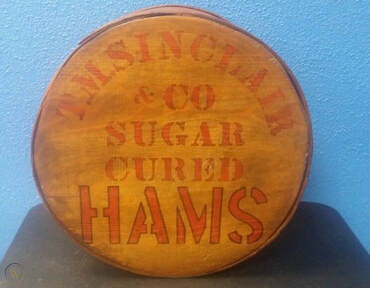
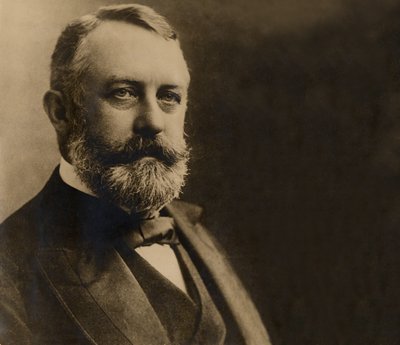
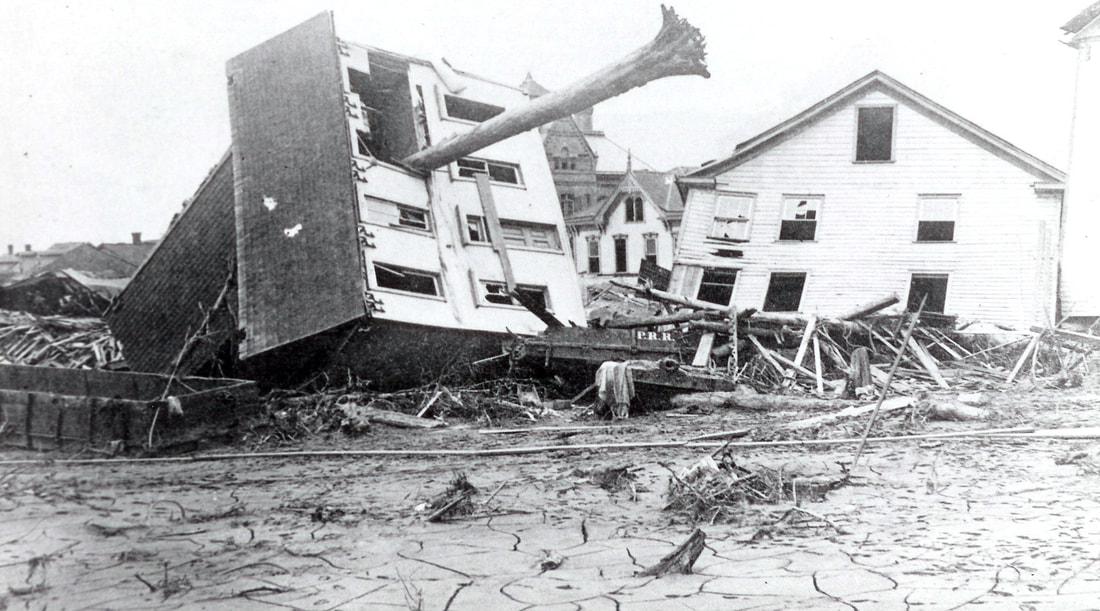
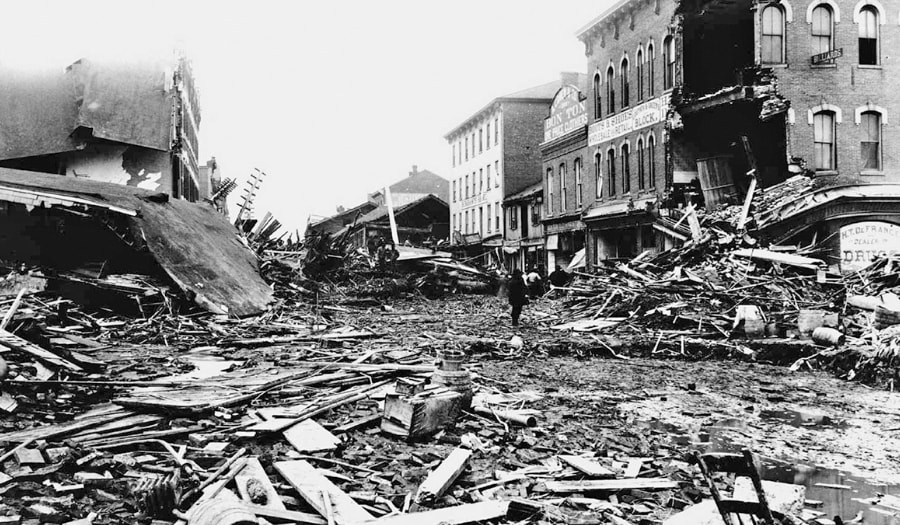
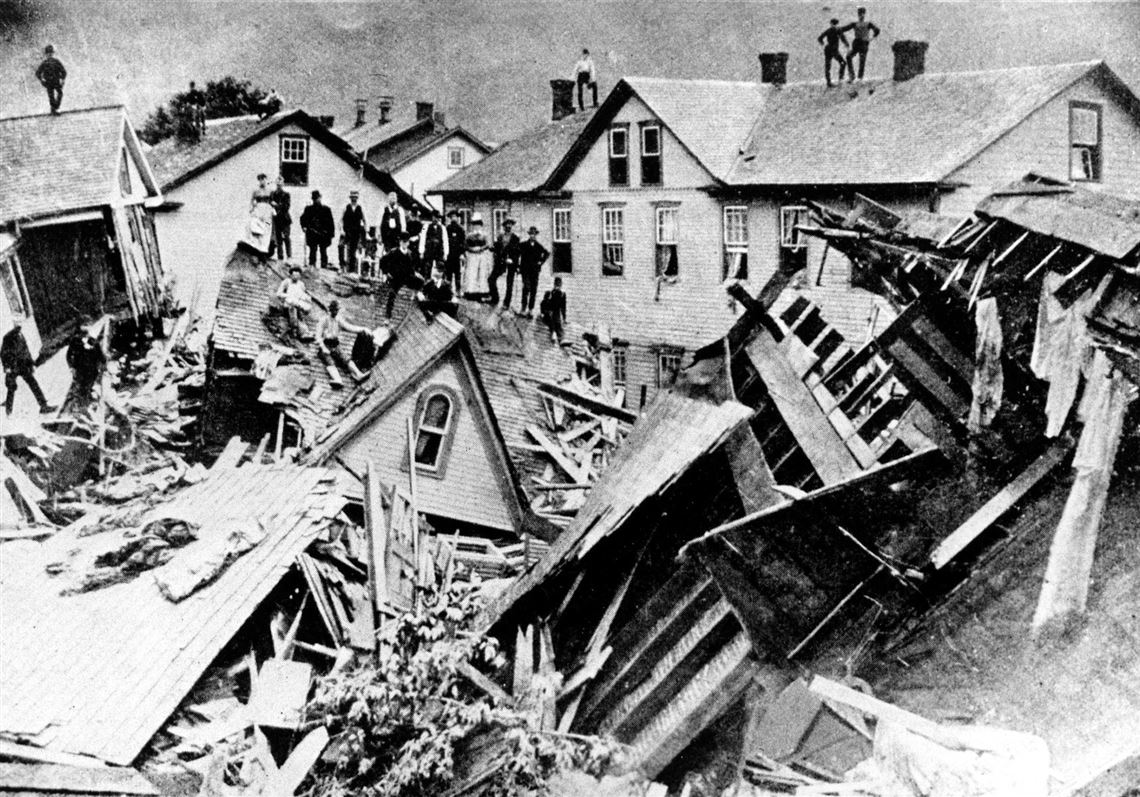
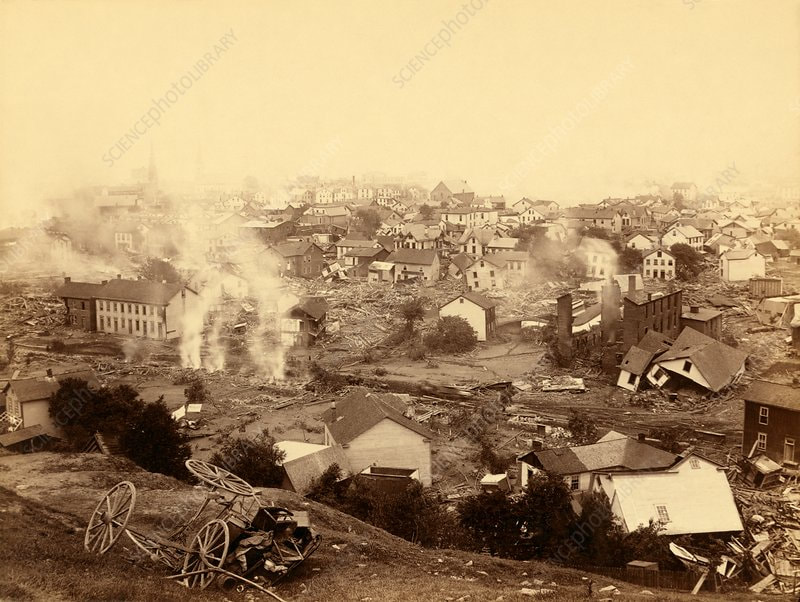
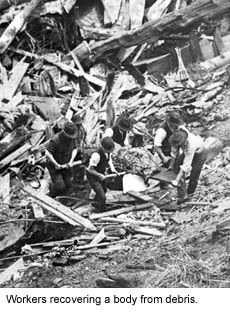
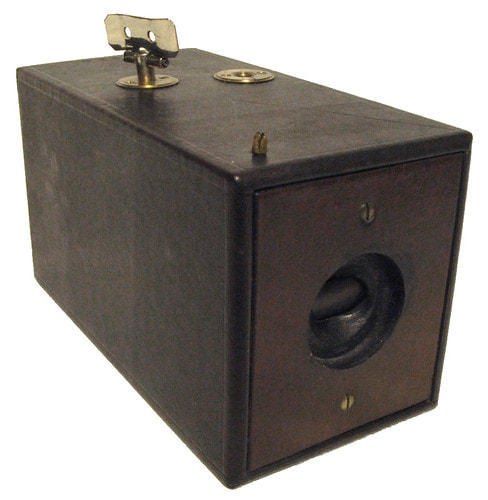
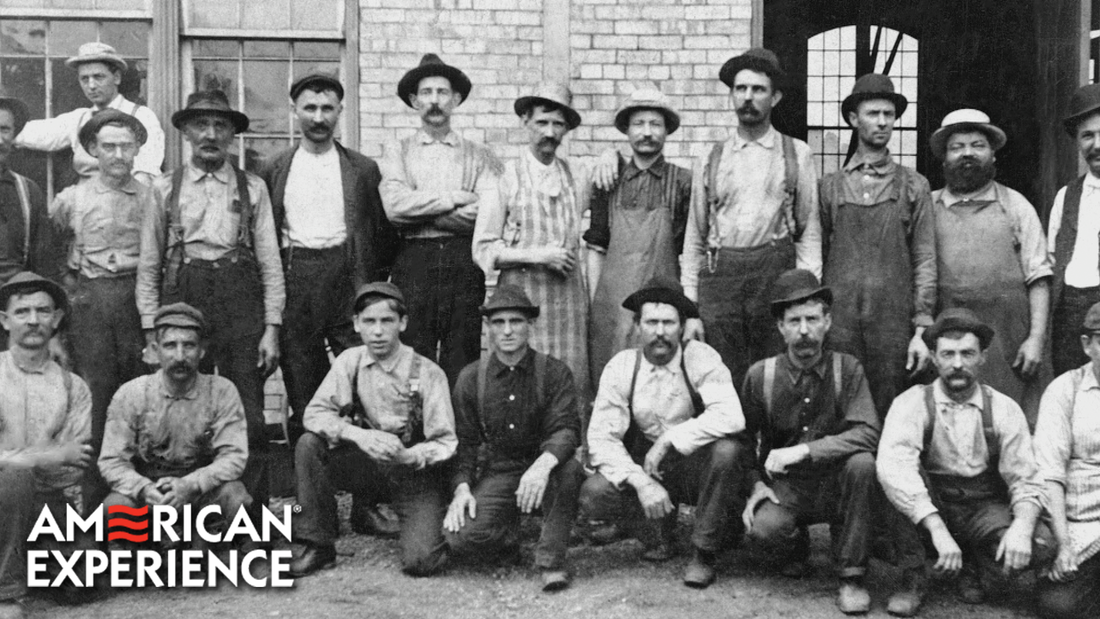

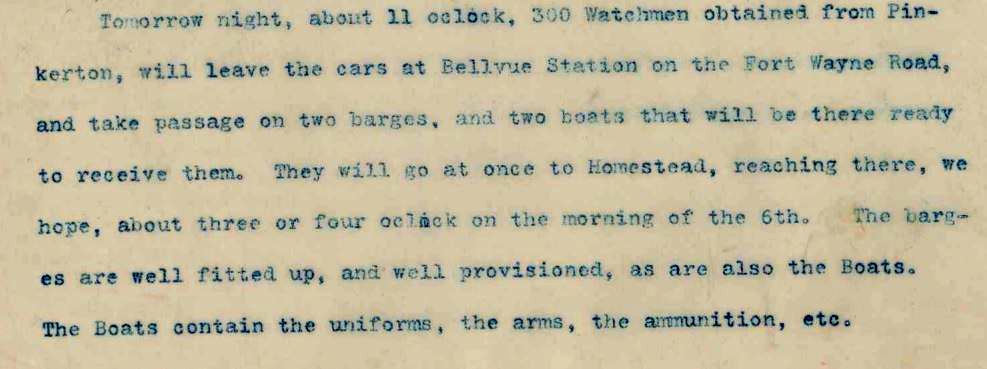
 RSS Feed
RSS Feed